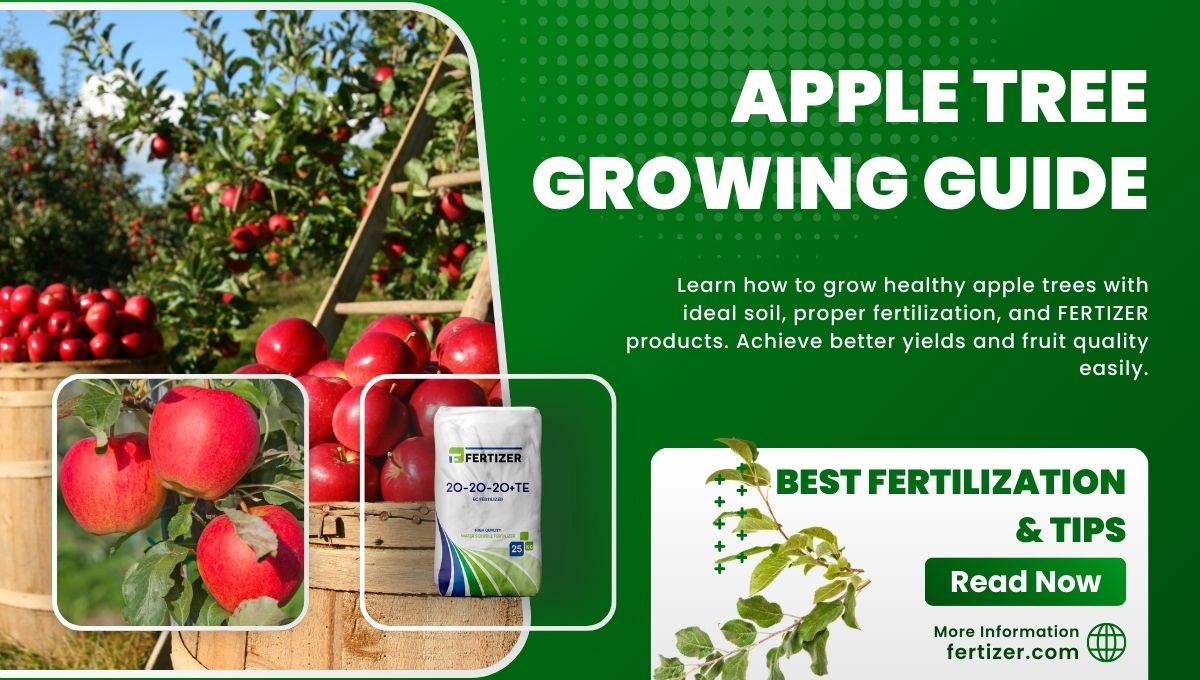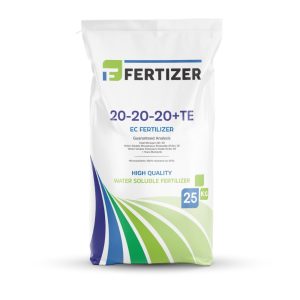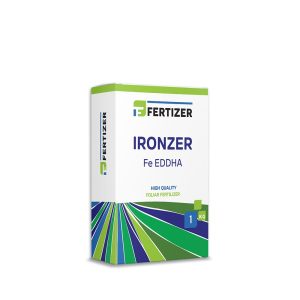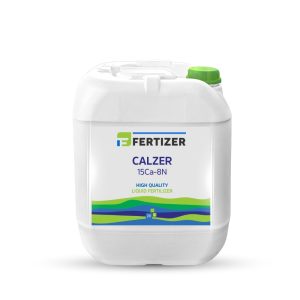The apple tree (Malus domestica L.) is a globally cherished fruit with significant economic value. Achieving healthy and productive apple cultivation depends on proper soil conditions and effective nutrient management. This guide outlines the ideal soil characteristics for apple trees and how FERTIZER products can meet their nutritional needs.
Ideal Soil Characteristics for Apple Trees
Ideal Soil Structure
Apple trees thrive in well-drained, light to medium-textured loamy soils. These soils provide the ideal balance of air and water for optimal root development. In heavy, clay soils, root growth is weakened, and yield potential decreases.
Soil pH
The ideal soil pH for apple trees ranges between 6.0 and 7.0. In this slightly acidic to neutral range, nutrient uptake is optimized. In highly acidic or alkaline soils, nutrient availability decreases, leading to growth challenges.
Nutritional Requirements and Fertilization for Apple Tree
Nitrogen (N), Phosphorus (P), and Potassium (K)
Apple trees require balanced and relatively high amounts of nitrogen, phosphorus, and potassium for shoot development, flowering, and fruit quality.
- Fertizer 20-20-20+TE: A balanced fertilizer enriched with micronutrients, supporting overall development when applied in early spring and during fruit development.
(Fe) Iron
Iron plays a crucial role in photosynthesis. In calcareous and alkaline soils, particularly with iron-sensitive apple varieties, iron deficiency symptoms often appear during flowering. Deficiency manifests as interveinal chlorosis on young leaves, significantly reducing yield and fruit quality.
- Fertizer IRONZER: Featuring effective EDDHA chelation, this product is highly efficient in correcting iron deficiency symptoms. It can be applied both to the soil and as a foliar spray throughout all growth stages.
(Zn) Zinc
Zinc is essential for shoot elongation, leaf development, and fruit set. Deficiency leads to smaller leaves and reduced shoot growth.
- Fertizer SEVENZER: With high zinc content, this fertilizer supports leaf and shoot development. It is applied as a foliar spray before flowering.
(Ca) Calcium
Calcium is critical for fruit quality and post-harvest shelf life. It strengthens fruit tissue, enhancing firmness and reducing damage during storage.
- Fertizer CALZER Liquid Calcium Fertilizer: High in water-soluble calcium, it improves fruit quality and extends shelf life after harvest.
Fertilization Timing and Application Methods
Proper timing of fertilizer application enhances yield and fruit quality:
- Early Spring: Apply Fertizer 20-20-20+TE to promote shoot and leaf development.
- Before Flowering: Apply SEVENZER to support flowering and fruit set with zinc supplementation.
- Fruit Development Stage: Apply Fertizer 20-10-20+TE to improve fruit size and quality.
- During Fruit Development (Calcium Supplementation): Apply CALZER to enhance fruit firmness and storage durability.
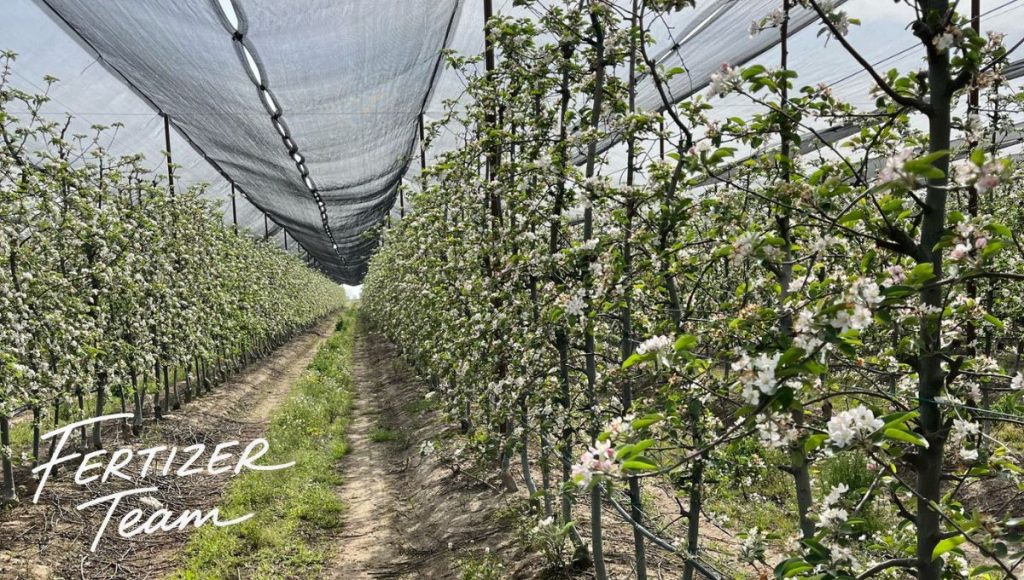
Common Challenges and Solutions in Apple Cultivation
Root Rot
Improving soil drainage is crucial to prevent root rot. Amending heavy soils with organic matter is highly recommended.
Nutrient Imbalances
Conduct regular soil and leaf analyses. Based on the results, use appropriate FERTIZER products to correct deficiencies and optimize tree health.
Achieving healthy growth and high-quality fruit production in apple trees requires appropriate soil conditions and a well-planned nutrient management program. With FERTIZER products and correctly timed fertilization, these goals are within reach. Regular monitoring and adjustments through soil and leaf analysis are essential for maintaining optimum tree performance and maximizing yield.

